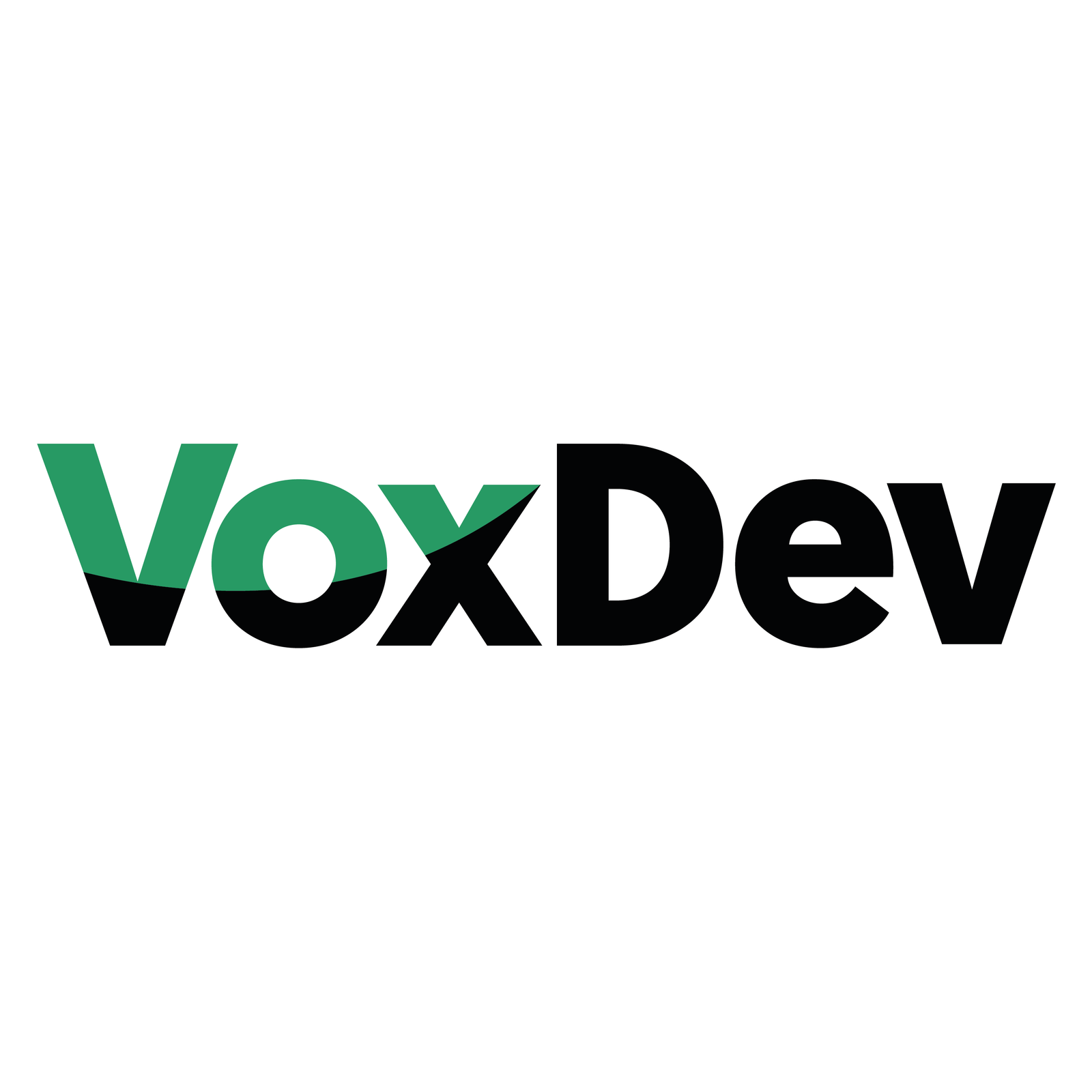

VoxDev Development Economics
VoxDev.org
Hear about the cutting edge of development economics from research to practice.
Episodes
Mentioned books

Nov 8, 2023 • 24min
S3 Ep38: Pollution and regulation in LMICs
Where there are no markets for clean air or drinkable water, can regulation step in? The latest lecture in the Bread-ICG lecture series on environmental economics explored the challenges of environmental regulation in developing economies. Rohini Pande and Nick Ryan talk to Tim Phillips.

Nov 1, 2023 • 22min
S3 Ep37: Skill versus voice in local development
When the state is weak, autocratic traditional chiefs control the provision of public goods. If they don’t have the technical skills that these tasks need, can delegation to technocrats or inclusive decision-making improve outcomes? Katherine Casey tells Tim Phillips about the results of an experiment in Sierra Leone.

Oct 25, 2023 • 16min
S3 Ep36: International climate action
Policies and commitments to tackle climate change emerge from global meetings and conferences. In our latest episode examining policy for environmental economics in development, Bard Harstad talks to Tim Phillips about how economics can help us make (and stick to) international commitments.

Oct 11, 2023 • 27min
S3 Ep35: Finance and climate resilience
In future we’re going to have to cope with a more volatile climate, but how can we increase the resilience of the most vulnerable communities? An analysis of droughts in the US in the 1950s shows how the financial sector can help communities to adapt to large climate shocks – and what happens when credit is not available. Raghuram Rajan and Rodney Ramcharan talk to Tim Phillips.

Oct 4, 2023 • 28min
S3 Ep34: The economics of conservation in LMICs
In the second of our episodes examining policy for environmental economics in development, Seema Jayachandran and Ben Olken talk to Tim Phillips about how to reduce pollution and increase conservation, while protecting the livelihoods of the global poor.

Sep 27, 2023 • 32min
S3 Ep33: Environmental economics and policy in LMICs
In the first of a series of episodes that investigates policy for environmental economics in development, Kelsey Jack and Robin Burgess introduce the topic to Tim Phillips, and its implications for adaptation, natural capital conservation, and innovation.

Sep 20, 2023 • 31min
S3 Ep32: Political economy and development
The study of institutions and political power is a strand of development research that in recent years has taught us a lot about – in the name of the famous book – Why Nations Fail, but also what improves their chances of success. James Robinson talks to Tim Phillips about what he and his fellow researchers have discovered, and which directions for future research are the most exciting.
Photo credit: Jeremy Weate

Sep 13, 2023 • 29min
S3 Ep31: Decentralised governance in developing countries
Explore the successes and failures of decentralization in developing countries, including the lack of responsiveness and accountability in centralized systems. Discover the prerequisites for utilizing big data for state capacity, including proxy means tests and nationwide identification systems. Learn about the clash between rules and discretion in decentralization, and the role of political power dynamics in this process.

Sep 6, 2023 • 23min
S3 Ep30: Targeting health incentives in India
Most policies are one-size-fits-all. But in some cases, we can do better. How can we design an intervention that incentivises people to manage their diabetes and hypertension, and does it deliver better results for both the patient and the policymaker? Ariel Zucker of UC Santa Cruz tells Tim Phillips about an experiment to deliver personalised healthcare in India.

Aug 30, 2023 • 20min
S3 Ep29: Air pollution and infant mortality
Poor air quality is a danger to children’s health, but most of what we know about the effects are from wealthy countries or large cities. A multidisciplinary study has estimated the impact of air quality on child health for many countries in sub-Saharan Africa, with surprising policy conclusions. Jennifer Burney talks to Tim Phillips.


